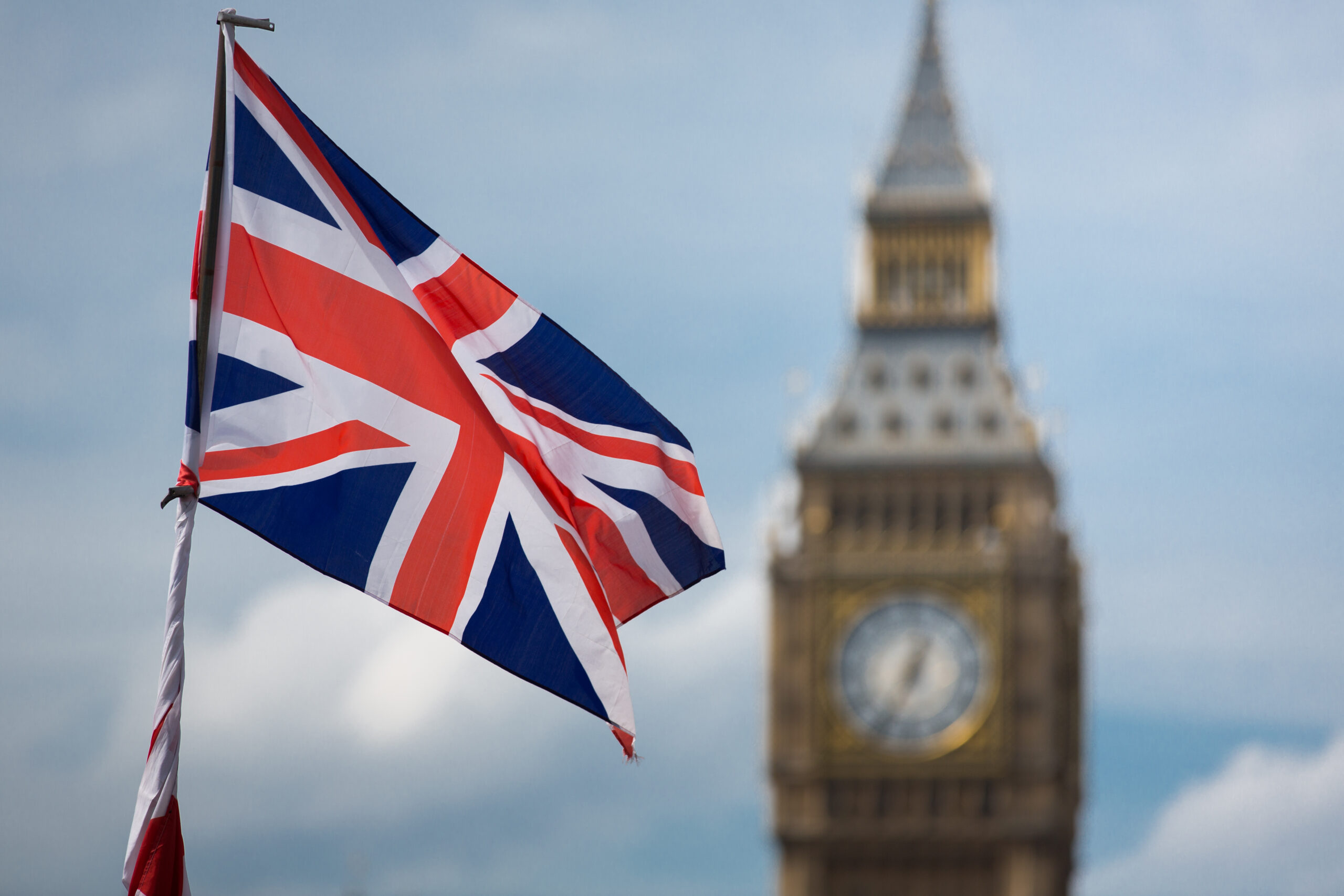
BGC slams “smear” suggestion that CEO twisted official Samaritans’ advice on suicide
Trade body responds to letter from charity’s CEO accusing Michael Dugher of “diversionary tactics”


The Betting and Gaming Council (BGC) has hit back at suggestions its CEO Michael Dugher twisted official Samaritans’ advice to minimise the links between gambling and suicide.
In a letter sent to Dugher by Samaritans CEO Julie Bentley, the charity boss accused the former Labour MP of using “diversionary tactics” to defend the industry in front of a parliamentary committee in July.
Dugher and BGC director of standards and innovation Wes Himes were grilled by MPs at the Palace of Westminster on the sector at large.
During the session, Dugher referenced official Samaritans’ guidance when questioned on the link between suicide and gambling.
The question was in connection with the death of Luke Ashton, who took his own life after developing a gambling addiction. A coroner ruled that Ashton’s “gambling disorder” had contributed to his death.
As part of his evidence during the session, Dugher said: “The advice that I was given from the Samaritans – which is something it published publicly – is that suicide is complex.
“Most of the time it is not one event or one factor that leads someone to take their own life. It is usually a combination of lots of different factors interacting with each other to increase risk. A combination of individual community societal factors contribute to the risk of suicide,” he added.
These comments are near-verbatim to the official advice published by the charity as part of its ‘Media Guidelines for Reporting Suicide’ document.
However, in Bentley’s letter sent to Dugher, and as seen by The Times, the CEO took umbrage with Dugher’s use of the Samaritans’ guidelines.
Bentley said: “I am appalled that someone would attempt to twist Samaritans’ words in an effort to deflect from the devastating harm that gambling products can cause.
“This kind of diversionary tactic is reminiscent of what we saw from the tobacco lobby, and it would seem the gambling industry is now taking a similar approach.
“Our position is that the reasons behind suicide are complex but there is an established link between gambling-related harms and suicide risk, and it has more recently been recognised that gambling can be a dominant factor in a suicide, without which the death would not occur.
“Any attempt to deny this by misusing the words of a suicide prevention charity is nothing short of disgraceful,” she added.
Responding to the allegations, a BGC spokesperson said: “Neither Michael Dugher, nor the BGC, has ever sought to manipulate guidance supplied by the Samaritans while discussing the tragedy of suicide. To suggest otherwise is a smear.
“Michael quoted directly – word for word – from the Samaritans’ own public guidance on the reporting of suicide. He did not interpret it or pass comment upon it.
“Furthermore, Michael was clear in his evidence that whilst recognising suicide cases are complex, he understood and acknowledged the full findings of the coroner in the tragic case of Mr Ashton, including specifically that Mr Ashton was suffering with an undiagnosed gambling disorder, a recognised psychiatric condition, and that the coroner had highlighted a failure of the systems used by the operator at that time.”